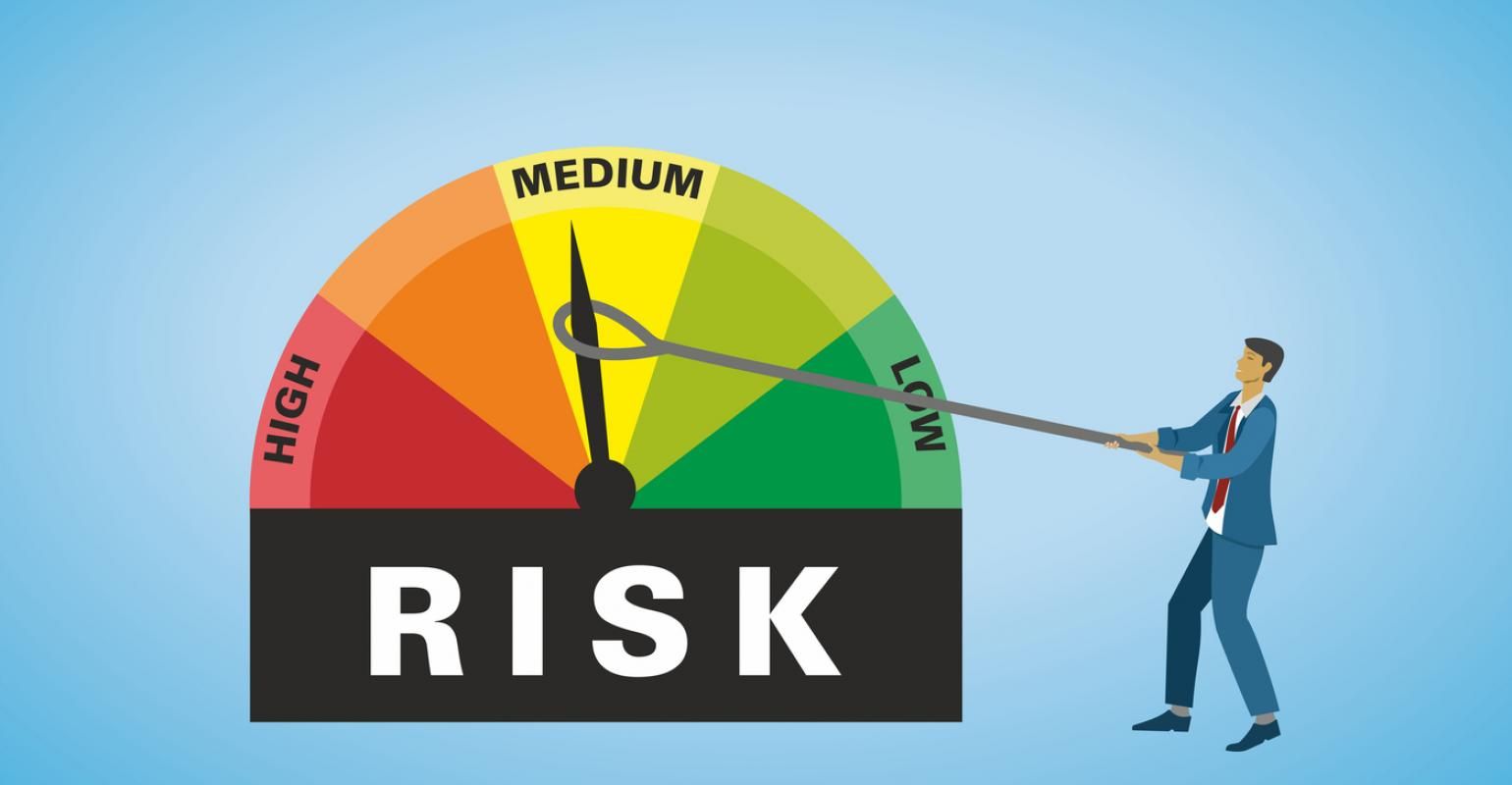IT Risk Management: A Must for SMBs
Being Pro-Active with Company Security and Resiliency.

What Is IT Risk Management?
IT Risk Management is a set of strategies and procedures designed to mitigate the potential threats associated with a company's IT infrastructure. These threats could be anything from data breaches, cyber attacks, system failures, to compliance issues. The goal of IT Risk Management is to identify risks to the business and protect the organization's information assets but also to ensure business continuity in the face of IT disruptions.
Why Should SMBs Implement IT Risk Management?
Protection Against Cyber Threats
Cyber threats are a growing concern for all businesses, but SMBs are often targeted due to their perceived lack of security measures. Implementing an effective IT Risk Management plan can help SMBs identify potential vulnerabilities, establish robust security protocols, and respond quickly to any security incidents.
Regulatory Compliance
Many industries require businesses to comply with specific IT standards and regulations, such as the GDPR for data protection. Non-compliance can result in hefty fines and damage to the business's reputation. An IT Risk Management strategy ensures that SMBs stay compliant with these regulations and avoid potential penalties.
Business Continuity
IT disruptions can lead to significant downtime, impacting productivity and revenue. With a solid IT Risk Management plan in place, SMBs can prepare for such scenarios, minimize downtime, and ensure business continuity.
5 key questions to ask yourself when it comes to Risk Management
- Do I have a Cyber Security Plan in place?
- Do I have a Disaster Recovery Plan in place?
- Do I have Cyber Security Insurance in place, how does it work, and what does it cover?
- Do I clearly understand the cost per hour in revenue and reputation to my business should an event occur?
- Does my global risk management plan make sense when I calculate my expected downtime vs the cost?
Implementing IT Risk Management is no longer a choice but a necessity for SMBs. It not only protects your business from potential IT threats but also ensures you stay compliant, maintain business continuity, and save costs. SMB owners and IT managers should therefore prioritize the development and implementation of a comprehensive IT Risk Management strategy to safeguard their business in this digital age.
Remember, when it comes to IT risks, prevention is always better than cure!




